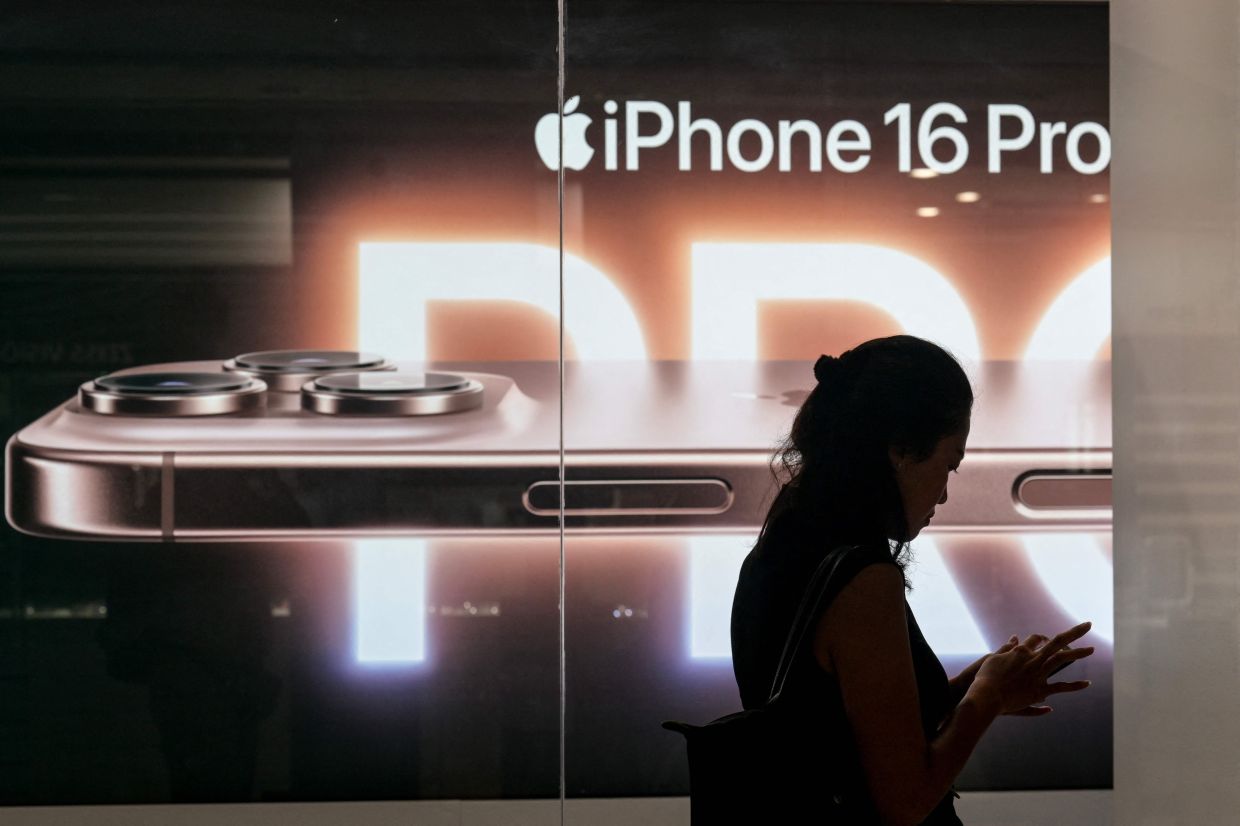
A journalist's inclusion in a national security discussion served as a reminder that you might not know every number in the chat – and that could be a big problem. — Photo by Daniel Korpai on Unsplash
Hey, are you sure you want to send that to your group chat? Like, 1,000% sure?
Just checking. Because last week was a strange one in the history of the group chat, those seemingly intimate text conversations that ping back and forth among friends and family members and, apparently, national security personnel.
On Monday, the editor-in-chief of The Atlantic, Jeffrey Goldberg, wrote that he had accidentally been added to a group chat on the encrypted messaging app Signal. He followed along as Defense Secretary Pete Hegseth laid out attack plans against Houthi strongholds in Yemen and watched other national security officials post celebratory emoji after the strikes.
As lawmakers on both sides of the aisle condemned the security breach, Americans with their own unruly group chats watched with recognition and disbelief: How had some of the country’s most powerful officials managed to so badly bungle using technology that millions of people rely on every day?
“Obviously it’s a very relatable screw-up,” Goldberg said during an interview with Tim Miller of The Bulwark, adding, “We’ve all sent texts to the wrong people.”
Those inadvertent texts, however, don’t typically contain high-stakes national security information being shared outside secure government channels.
The episode might be “the most shockingly stupid group chat error in history,” liberal podcaster and former National Security Council spokesperson Tommy Vietor said in a video on the social platform X. In the same post, he confessed that he had once been on an email thread that mistakenly included singer Lyle Lovett instead of his colleague, Jon Lovett. About 30 emails had been sent before anyone noticed.
The group chat has quietly become a staple of modern communication since 2008, when Apple enabled text messaging with more than one recipient. Private group chats confer a kind of juicy intimacy on the book club members, neighbourhood moms, work friends or extended family members who sometimes exchange hundreds of messages per day.
The feed tends to be less self-conscious than our posts on social media: In 2022, a guest essay in The New York Times declared the group chat “The Last Place Left Online for Real Conversation.”
Even those without a security clearance are careful about what they share in group chats. Clayton Fletcher, 48, is part of a WhatsApp group where he and around 35 other comedians roast one another and work on new material. When a new phone number appears, he goes on high alert.
“The wisdom of the ages for comedians is to know your audience,” Fletcher said. “I guess in the modern world, it’s like: Know who’s in your group chats.”
The intimacy of the group chat has often curdled once it spills into the public eye. In 2021, an anonymous leaker shared group messages from Heidi Cruz, the wife of Sen. Ted Cruz, in which she planned a trip to Cancún while millions of the senator’s constituents were without electricity. (“Heidi Cruz Clearly Didn’t Understand That the Group Chat Knows No Loyalty,” a Jezebel headline read.)
In 2023, the Times published texts among Fox News hosts that were starkly different from their public statements about the 2020 election results. And last year, The Daily Beast reported that former Rep. George Santos had texted insults to a group chat containing members of the New York Republican delegation.
“Sorry new phone, who dis?” Rep. Andrew Garbarino responded, referencing a popular meme.
Our group chats span our professional and private lives and may include people with whom we have both strong and loose social connections. That can make them a “minefield” for errors, said L.M. Chilton, author of the forthcoming thriller Everyone in the Group Chat Dies.
The Signal group chat incident was particularly jarring because of the just-among-friends tone – emoji included – that it used to discuss to deadly military airstrikes, he added.
Matt Buechele, 35, a writer in New York, found a bit of dark humour in the way the Signal group’s members had introduced themselves one by one, as he had seen in group chats for bachelor parties.
He suggested keeping a low profile unless you are absolutely sure you can trust the group’s other members.
“If you see a bunch of numbers you don’t know,” he said, “you have to limit your group chat participation to thumbs-up reactions and ‘haha’ reactions – nothing else.” – ©2025 The New York Times Company
This article originally appeared in The New York Times.











































